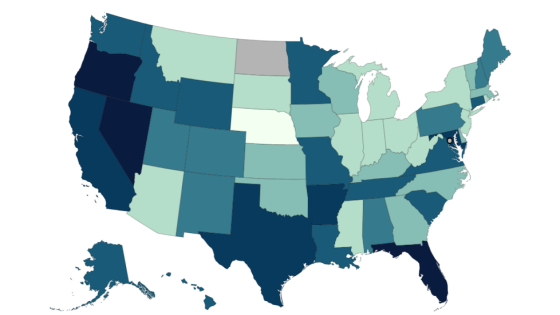The federal government has announced salmon fishery closures and mandatory speed limits in areas where southern resident killer whales forage and travel in the ongoing effort to protect the endangered species.
A statement from Transport Canada says the measures off Vancouver Island are aimed at protecting the whales from noise, contaminants and improving their access to prey.
Until Nov. 30, all vessels must slow down to a maximum of 10 knots in two speed-restricted zones near Swiftsure Bank and no vessels or fishing are allowed in interim sanctuary zones off South Pender Island and the southeast end of Saturna Island.
Recreational and commercial salmon fisheries will be closed both this year and next year in the whale’s key foraging areas along Swiftsure Bank from July 15 until Oct. 31 and around the mouth of the Fraser River from Aug. 1 to Sept. 30.
The measures are part of a series of actions the government has taken in the last six years to protect the remaining 74 whales, including that vessels stay at least 400 metres from the orcas and that local whale-watching groups not offer tours of southern residents.
“For those of us who live on the Pacific Coast, there is no species as iconic as the southern resident killer whale, which have deep cultural significance for Indigenous peoples, to coastal communities, and indeed to all British Columbians,” said Jonathan Wilkinson, MP for North Vancouver and federal minister of Energy and Natural Resources at Monday’s announcement.
The federal government is also providing $3.2 million over two years to the Vancouver Fraser Port Authority to continue a program that encourages ship operators to slow down or stay distanced while travelling through key areas of southern resident killer whale habitat.
Another $300,000 has been budgeted for an alert system that notifies large commercial vessels when they may be near whales via an online app.
But some advocates say the measures are not nearly enough to recover the endangered and dwindling population.
“The measures have stayed static, while the status of this population is declining,” said Misty MacDuffee, biologist with the Raincoast Conservation Foundation, noting most of the measures announced are a continuation of measures in place in previous years.
“The potential to recover this population is decreasing and every year, the potential to advance that recovery slips away.”
The group has been advocating for an expansion of the distance boaters must keep from orcas from 400 metres to 1,000 metres, as will be the case off the waters of Washington state starting next year.
MacDuffee says the restrictions need to be in place for longer. For example, she says the fishery closures should have begun in March when the whales started foraging.
She also said the speed restrictions and fishery closures should be in effect in more areas.
“The size of the areas, they just don’t cover enough of their key foraging areas.”
Source Agencies



